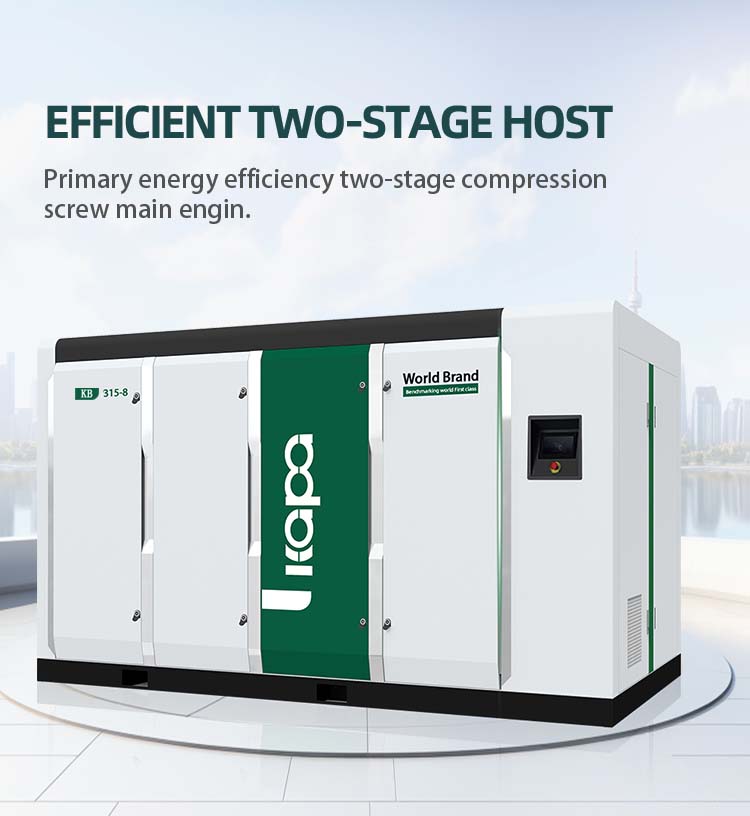Jul. 03, 2024
Mechanical Parts & Fabrication Services
When it comes to air compressor technologies, understanding the differences between screw compressors and piston compressors is essential for making an informed decision.
Screw compressors operate using two interlocking screws to compress air, while piston compressors utilize a reciprocating motion of a piston within a cylinder. This fundamental distinction leads to varying efficiencies and performance characteristics.
In terms of efficiency, screw compressors tend to excel in continuous operations and high-volume applications. They offer a smoother and quieter operation, making them suitable for environments where noise reduction is a priority. On the other hand, screw air compressors are known for their durability and lower maintenance needs compared to piston models.
Energy efficiency is a critical consideration. Screw compressors generally consume less energy than piston compressors when operating at full capacity, especially in industrial applications. This translates to lower operational costs over time.
Piston compressors are often favored in smaller-scale applications, such as workshops or for portable use. They can deliver high-pressure air in bursts, making them ideal for tasks requiring short bursts of power. In contrast, rotary screw air compressors are more suited for large-scale manufacturing processes where a constant airflow is required.
Choosing between a screw compressor and a piston compressor ultimately depends on your specific requirements, including the scale of operations and energy efficiency priorities. Both options offer valuable benefits within their intended applications, so assessing which aligns better with your needs is imperative. For detailed performance comparisons, consider exploring further into piston air compressors.
air compressor
If you are interested in sending in a Guest Blogger Submission,welcome to write for us!
All Comments ( 0 )